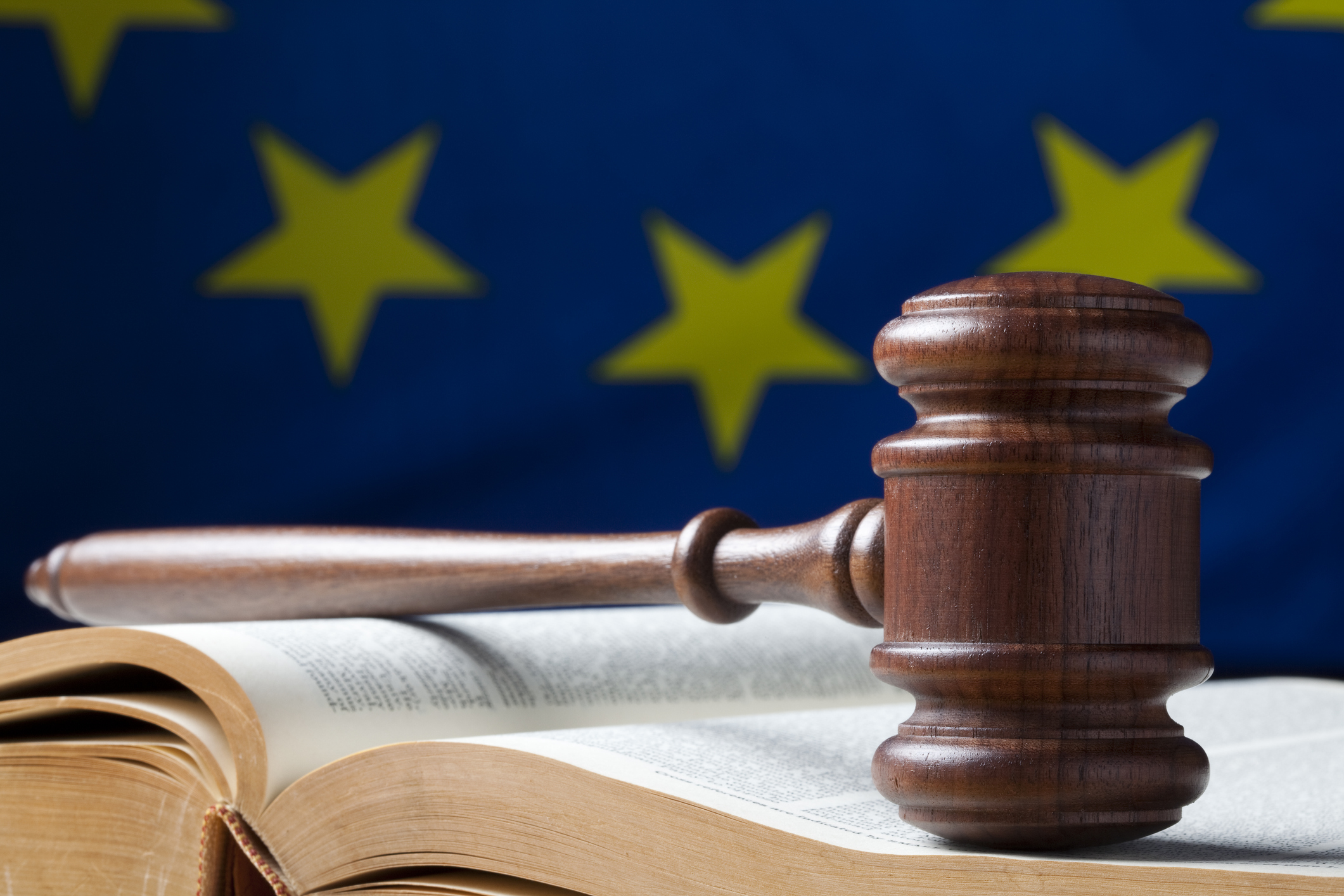
The regular readers of this blog certainly remember the usual suspects of trade secret misappropriation are employees, former employees, and self-employed consultants. In our series of blog posts about international trade secret misappropriation and trade secret enforcement under the Belgian Trade Secrets Act, we also explained that actions based on trade secrets misappropriation are in principle heard by the Enterprise Court. However, if the defendant is an employee or an ex-employee suspected of trade secret misappropriation during the course of employment, then the labor court has jurisdiction.
Continue Reading International Issues in Trade Secret Law Series: Longer Statute of Limitations Confirmed in Cases of Trade Secrets Misappropriation by Former Employees
 Located in the heart of Europe, Belgium is a true hub of logistics and innovation. It is for example home to one of Europe’s largest sea ports (with all the warehousing infrastructure that one would expect). Belgium also hosts several, globally leading biotech and life sciences clusters. It is no coincidence for example that pharma giant Pfizer has one of its largest production and packaging sites in Puurs, a small Belgian town, where it produces its Covid-19 vaccine. A few miles north, Jansen Pharmaceuticals has its HQ.
Located in the heart of Europe, Belgium is a true hub of logistics and innovation. It is for example home to one of Europe’s largest sea ports (with all the warehousing infrastructure that one would expect). Belgium also hosts several, globally leading biotech and life sciences clusters. It is no coincidence for example that pharma giant Pfizer has one of its largest production and packaging sites in Puurs, a small Belgian town, where it produces its Covid-19 vaccine. A few miles north, Jansen Pharmaceuticals has its HQ. In
In 